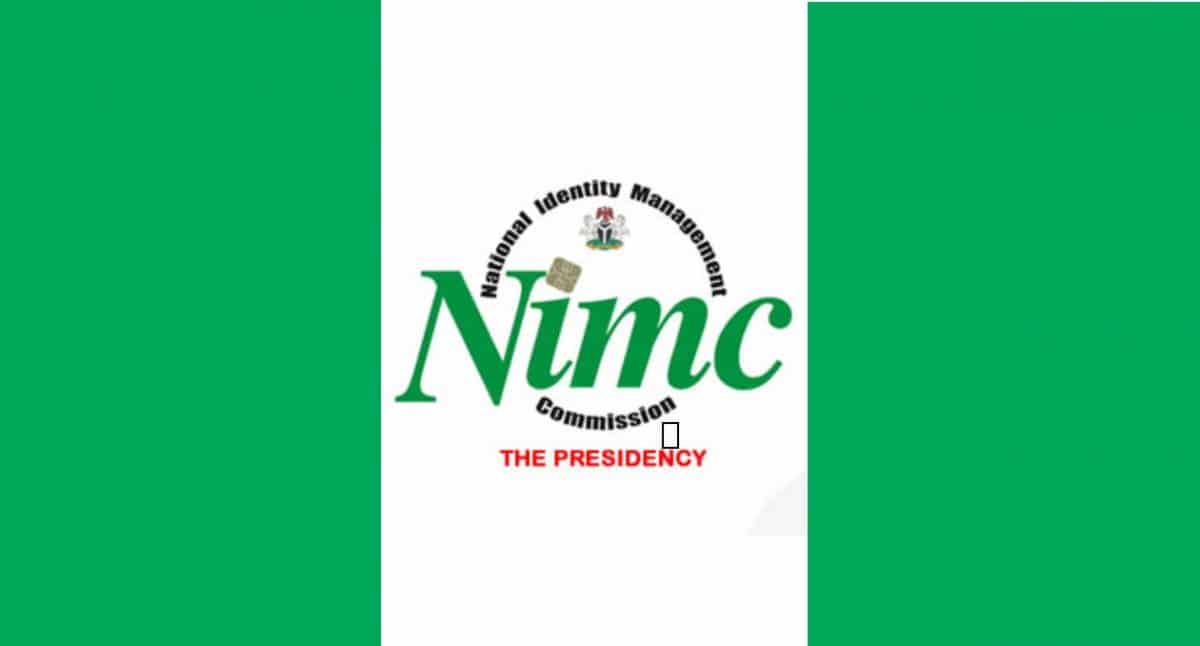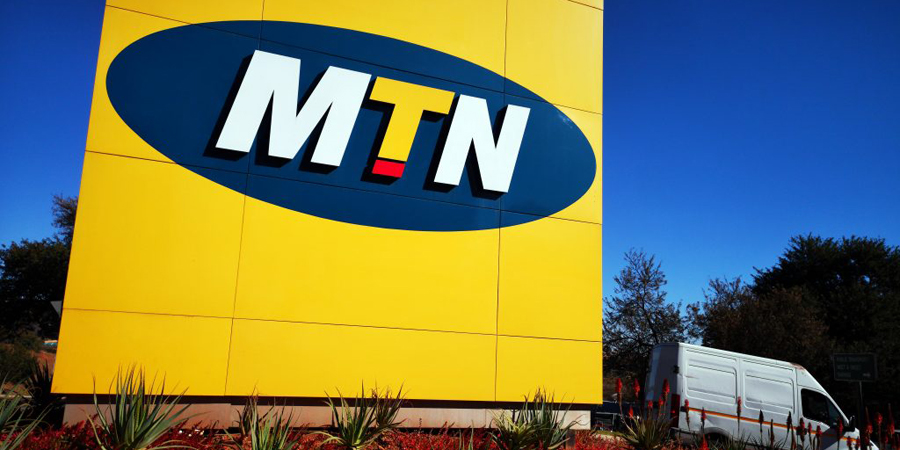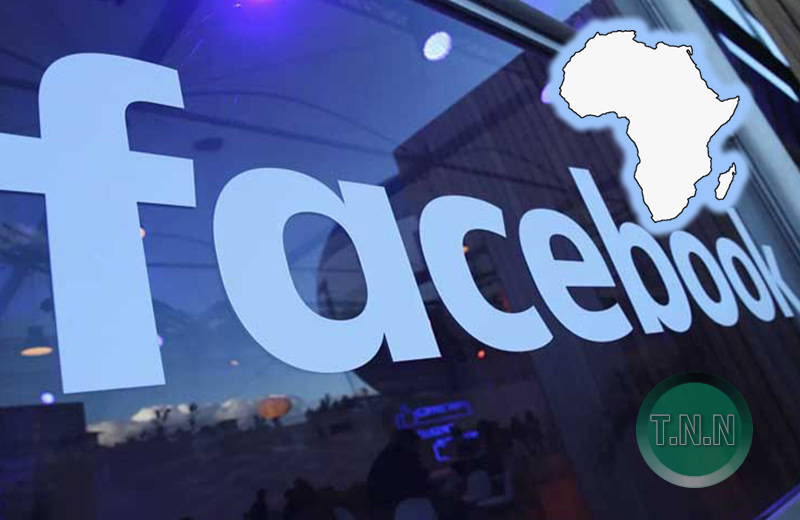Recently, a leading Nigerian telecoms company demanded Internet cabling clearance in the State of Ekiti, Nigeria. Ekiti is situated in Southwestern Nigeria, roughly 211 miles from Lagos, the country’s commercial capital.
This was made clear by Akin Oyebode, Special Adviser, Finance, Trade and Innovation for the Ekiti State Government, in a tweet claiming that the move was the result of the recent reduction in RoW fees.
We did this 6 weeks ago, and now, a major infrastructure provider has requested approval to lay 160km of fibre across our state. Will provide updates on their progress. https://t.co/QZA2Ywc6Ff
— Akin Oyebode (@AO1379) July 7, 2020
Whilst Oyebode has not disclosed the telco behind the proposal, MTN Nigeria has disclosed a source close to the matter. This and other information is yet to be confirmed behind this request.
We contacted MTN for observations but did not receive a reply as in the news.
The fact that the high cost of RoW in the most Nigerian states has been a major problem for the federal government in recent years is especially important.
The Ekiti state government crashed the right-of-way charges for broadband and other associated Internet services from $11.53 (almost 4,500) to $0.37 per meter on May 14, 2020.
After that, seven more states followed: plateau, Kastina, Imo, and plateau fell, Anambra and Kaduna absolutely waived it, while Kwara reduced theirs to 1 ton per meter.
A single fibre project has been under way for the last few months in Lagos, Nigeria’s industry epicentre.
Notice that in 2018, RoW was waived for 250 kilometers of fibre by the government of Ogun. Over the next 30 years, it was replaced by free Internet services in the Secretariat of the State Government.
Following these moves, we have hypothesized in this article that calls and data may be cheaper in these countries, among many other benefits. The potential side effect of discriminatory pricing.
It was decided that by 2021, this development could attract businesses and investments, increase healthcare, improve education and generate more income for the state. Their aim was to increase broadband penetration by 2021. Oyebode noted.
A near neighbor, Akure, Nigeria, has a burgeoning technology hub, but it does not indicate how much has been done to fix it. Internet connectivity issues have also occurred.
For Ekiti, the latest move appears to be setting up a vantage place for increasing broadband penetration, and its service-based innovation park, called the “Ekiti Knowledge Zone” – a project that seeks to equip thousands of graduates with the right skills.
While a number of factors can help this initiative succeed, this seems to be a step in the right direction for the State. Other states may also see similar developments. There are also opportunities.









